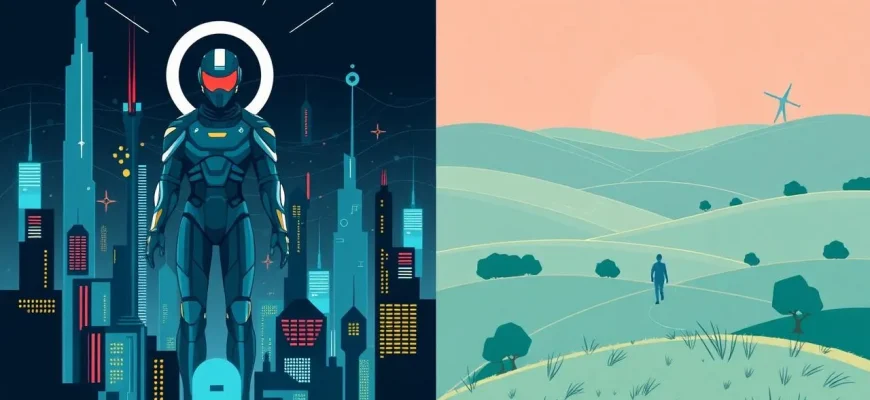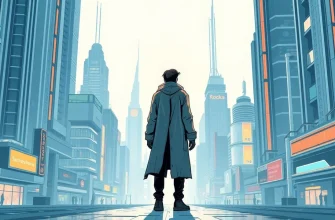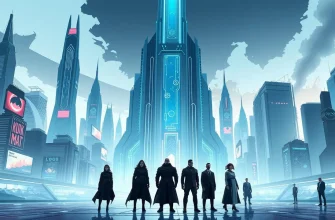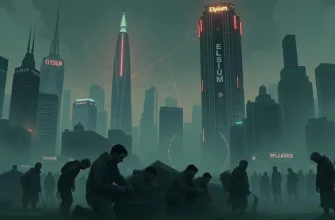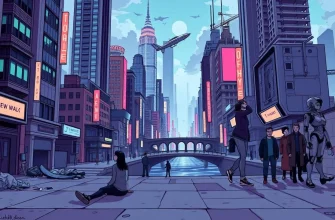Are you fascinated by stories where control, manipulation, and the quest for power take center stage? This collection of sci-fi films will take you on a thrilling journey through worlds where the lines between freedom and domination blur. From dystopian futures to mind-bending realities, these films not only entertain but also provoke thought on the nature of control and its consequences. Whether you're a fan of psychological thrillers or epic space operas, this list has something for everyone, offering a unique perspective on how control shapes societies, individuals, and even entire universes.

A Clockwork Orange (1971)
Description: In a dystopian future Britain, a young man undergoes an experimental aversion therapy to cure his violent tendencies, raising questions about free will and the ethics of control.
Fact: The film was banned in several countries due to its graphic violence. Stanley Kubrick himself withdrew the film from UK cinemas after threats were made against his family.
 Watch Now
Watch Now 
Brazil (1985)
Description: A bureaucrat in a retro-futuristic world tries to correct an administrative error and becomes an enemy of the state. The film satirizes bureaucracy and the control it exerts over individuals.
Fact: The film's title refers to the song "Aquarela do Brasil," which plays during a dream sequence. Terry Gilliam had to fight Universal Studios to release his director's cut.
 Watch Now
Watch Now 
Gattaca (1997)
Description: In a future society driven by eugenics, a genetically inferior man assumes the identity of a superior one to pursue his dream of space travel, challenging the control exerted by genetic engineering.
Fact: The film's title is derived from the letters representing the four nucleic acids of DNA: guanine, adenine, thymine, and cytosine. The film was shot in sequence to help the actors with their character development.
 Watch Now
Watch Now 
The Truman Show (1998)
Description: An insurance salesman discovers his entire life is actually a constructed reality TV show, exploring themes of control through media and the manipulation of an individual's life for entertainment.
Fact: The film's concept was inspired by a 1989 French short film called "Le Voyeur." Jim Carrey's performance was a departure from his usual comedic roles, showcasing his dramatic range.
 Watch Now
Watch Now 
The Matrix (1999)
Description: In a dystopian future, humanity is unknowingly trapped inside a simulated reality created by sentient machines to distract and pacify them while their bodies are used as an energy source. The film explores themes of control through the concept of the Matrix, a virtual world where humans are controlled and manipulated.
Fact: The film's "bullet time" effect, where the camera seems to move around a scene in slow motion, was groundbreaking and has been widely imitated. The Wachowskis wrote the script in just 30 days.
 Watch Now
Watch Now 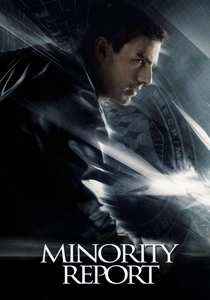
Minority Report (2002)
Description: In a future where crimes can be predicted before they happen, a cop on the run must prove his innocence when he is accused of a future murder. The film explores the ethical implications of pre-crime control and the manipulation of fate.
Fact: The film's futuristic technology, like gesture-based interfaces, has influenced real-world tech design. Tom Cruise's character, John Anderton, was originally written to be much older, but the role was tailored for Cruise.
 Watch Now
Watch Now 
Equilibrium (2002)
Description: In a totalitarian future where all forms of emotion are illegal, a high-ranking government agent begins to question the regime after missing his daily dose of emotion-suppressing drugs. The film examines control through the suppression of human emotion.
Fact: The film's gun kata, a fictional martial art, was created specifically for the movie. The film was shot in Berlin, which provided a fitting backdrop for the dystopian setting.
 Watch Now
Watch Now 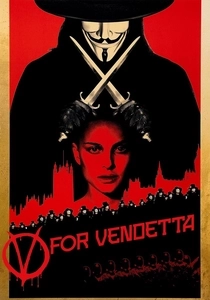
V for Vendetta (2005)
Description: In a future British tyranny, a shadowy freedom fighter known only as "V" uses terrorist tactics to fight against a totalitarian regime, exploring themes of control, resistance, and the power of ideas.
Fact: The film's mask, inspired by Guy Fawkes, has become a symbol of protest worldwide. The film was adapted from a graphic novel by Alan Moore, who famously disowned the movie adaptation.
 Watch Now
Watch Now 
Inception (2010)
Description: A professional thief who steals information by infiltrating the subconscious of his targets is offered a chance to clear his record by planting an idea into the mind of a CEO. The film delves into the control of dreams and the manipulation of reality.
Fact: The film required a unique blend of practical effects and CGI, with the dream worlds being constructed in real life before being digitally enhanced. The spinning top used by Cobb was actually a personal item of Christopher Nolan's.
 Watch Now
Watch Now 
The Adjustment Bureau (2011)
Description: After glimpsing his future, a man struggles against unseen forces that have a plan for his life, exploring themes of free will versus predestination and the control exerted by mysterious entities.
Fact: The film is loosely based on Philip K. Dick's short story "Adjustment Team." The hats worn by the agents of the Adjustment Bureau were chosen to represent the era of the story's original publication.
 Watch Now
Watch Now 
